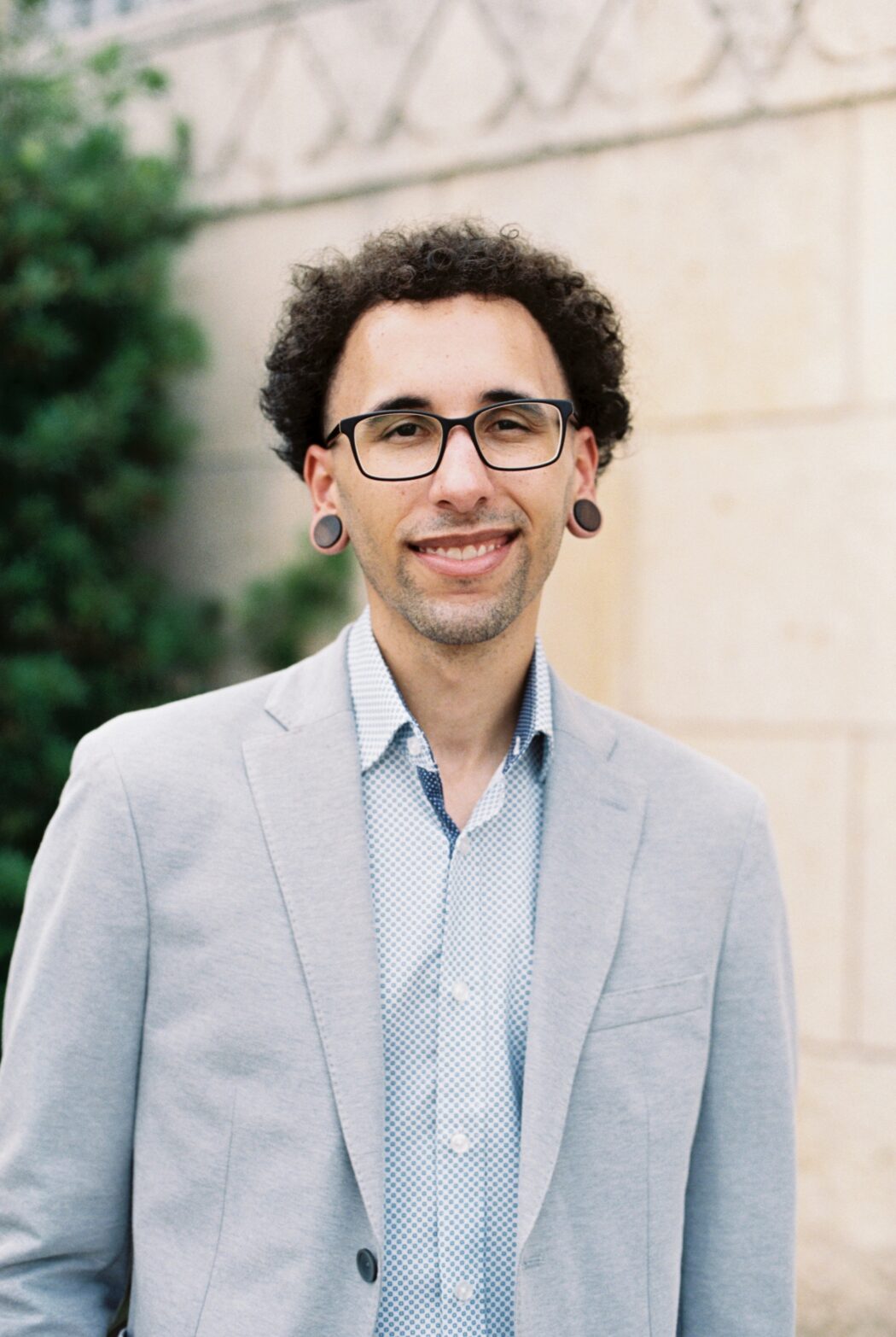Black Student Union hosts author of “Colorblind Universities”
February was Black History Month, and the USU Black Student Union had the opportunity to present its importance through the history of Student Unions.
USU hosted Brandon James Render, an assistant professor in the history department at the University of Utah, who works with an emphasis on 20th century U.S. history, post-1945 social and intellectual movements and Black intellectual tradition.
Render came to USU to discuss his current book project, “Colorblind University: A History of Racial Inequality in Higher Education.”
Render said his book is his passion, and his work aims to improve higher education for everyone. With the Supreme Court’s 2023 decision to eliminate race-based affirmative action in universities, his work is more relevant than ever.
“I’m taking what I’ve learned from the past and applying it to the future,” Render said. “In other words, telling you what to expect whenever it comes to the future of higher education.”
One of Render’s goals is to put the future of higher education in the hands of students and those who are directly impacted by it.
“I believe that anybody with a stake in higher education has the ability to control what the future looks like whenever it comes to our individual institutions, or the broader landscape of our institution itself,” Render said.
Render, who attended the University of Texas, used historical examples in his work to highlight the importance of inclusion in higher education. Throughout the ‘50s and ‘60s, Black student unions saw their roots grow as the need did.
“1954, the University of Texas simply decided not to add Black students to its undergraduate population,” Render said. “There were Black students that issued a set of demands to eliminate these two criteria. And so there was an organization called the Afro-Americans for Black Liberation, which delivered a list of 11 demands to the University of Texas President Norman Packer. And so this was part of an era that was known as the Black Student Movement, a campus movement that coincided with Black Power.”
Jasmine Kemp, a junior and the president of USU’s BSU, and has been involved with Black student unions since high school.
“I love the family community within BSU and the amazing opportunities I have been able to be a part of, like going to conferences and events,” Kemp said.
According to Kemp, BSU is a safe place for her and others on campus.
“BSU is incredibly important because it creates a community for everybody on campus, no matter race or gender,” Kemp said. “It’s a safe space to be yourself and feel comfortable in your own skin. It also brings awareness to the school and the public about social issues and history.”
Render said he hopes his work as a historian and professor can contribute to progress and equality in education.
“In this political moment, it becomes clear that our work is more important than ever. And even though we won’t be able to change the world, or in some cases, even our own institutions, we can still change someone’s world for the better,” Render said. “That’s what should keep us going. And so what I’m saying isn’t new. Obstacles have been placed in our way before and they’ll be placed in our way again, but we’ve overcome them before and will overcome them again.”

